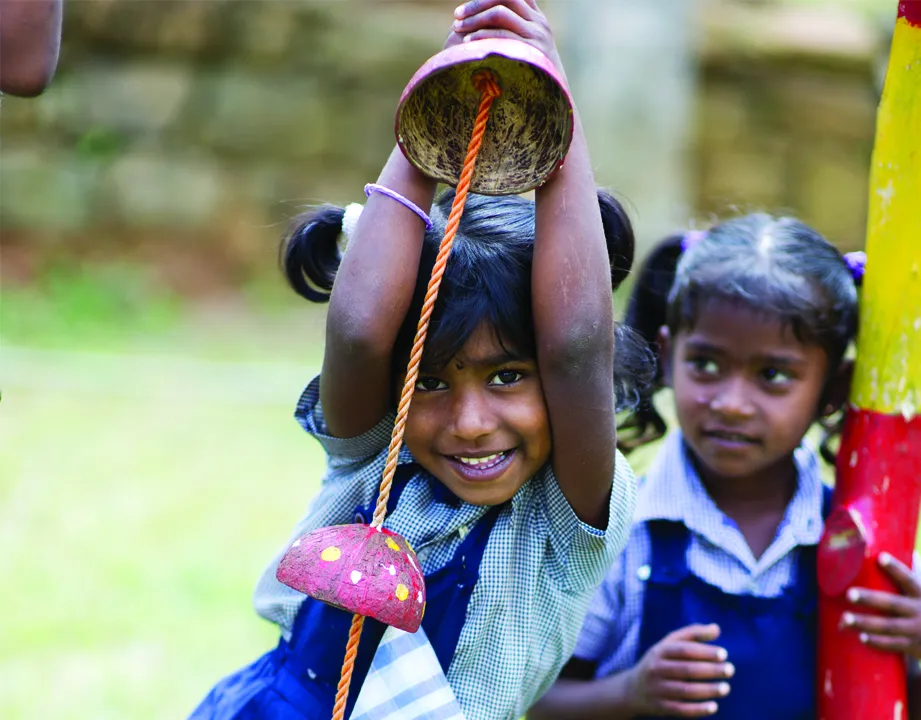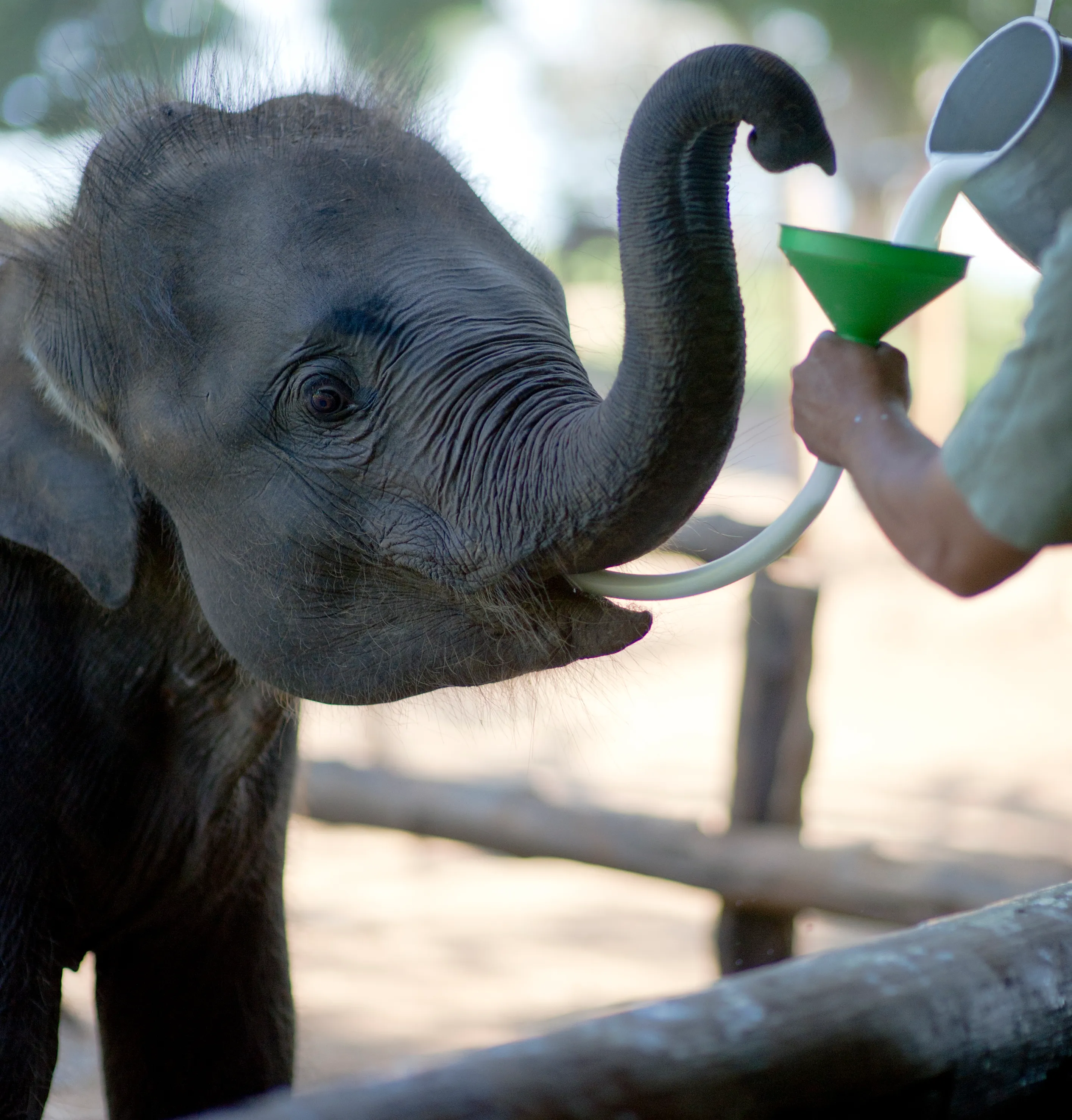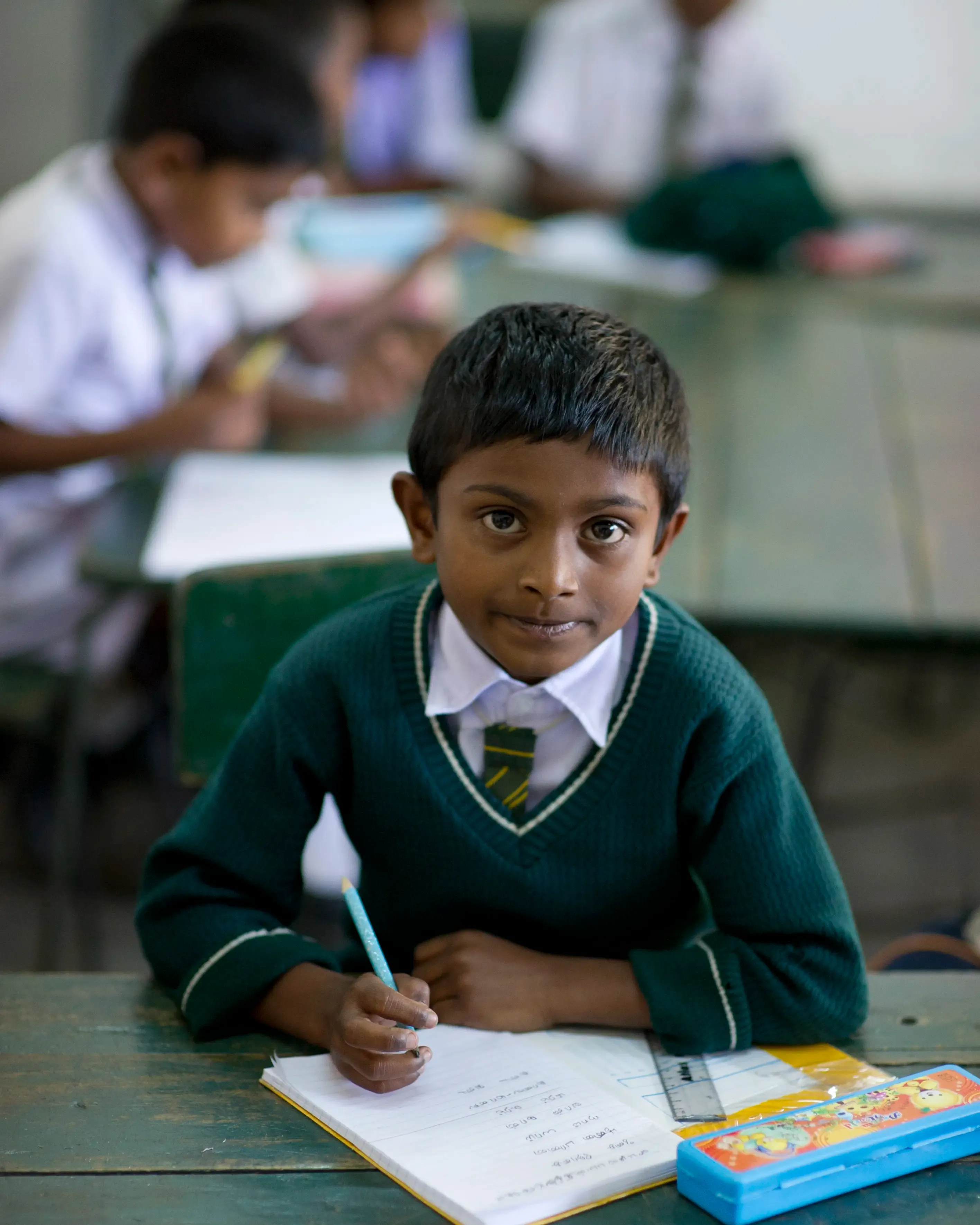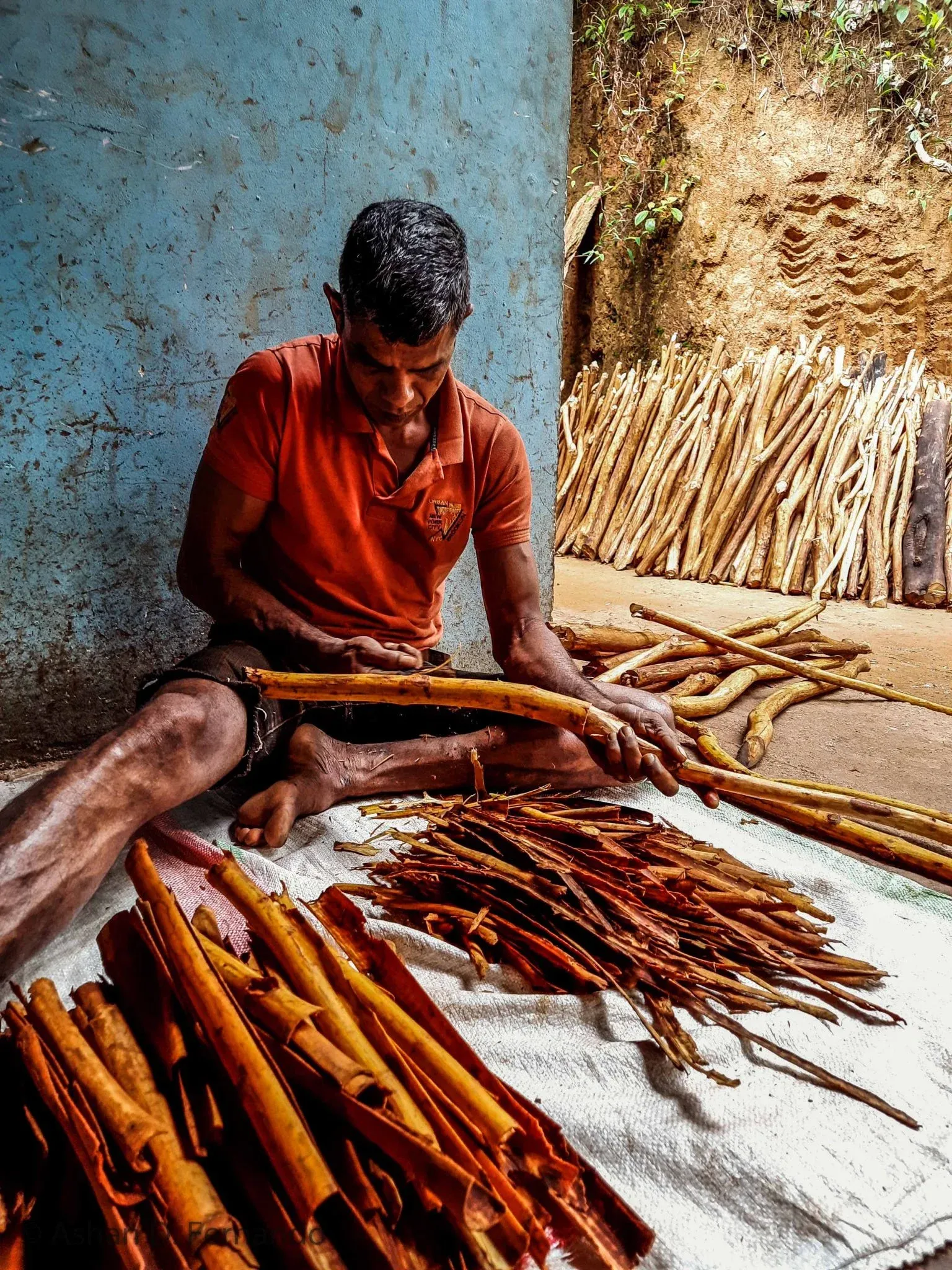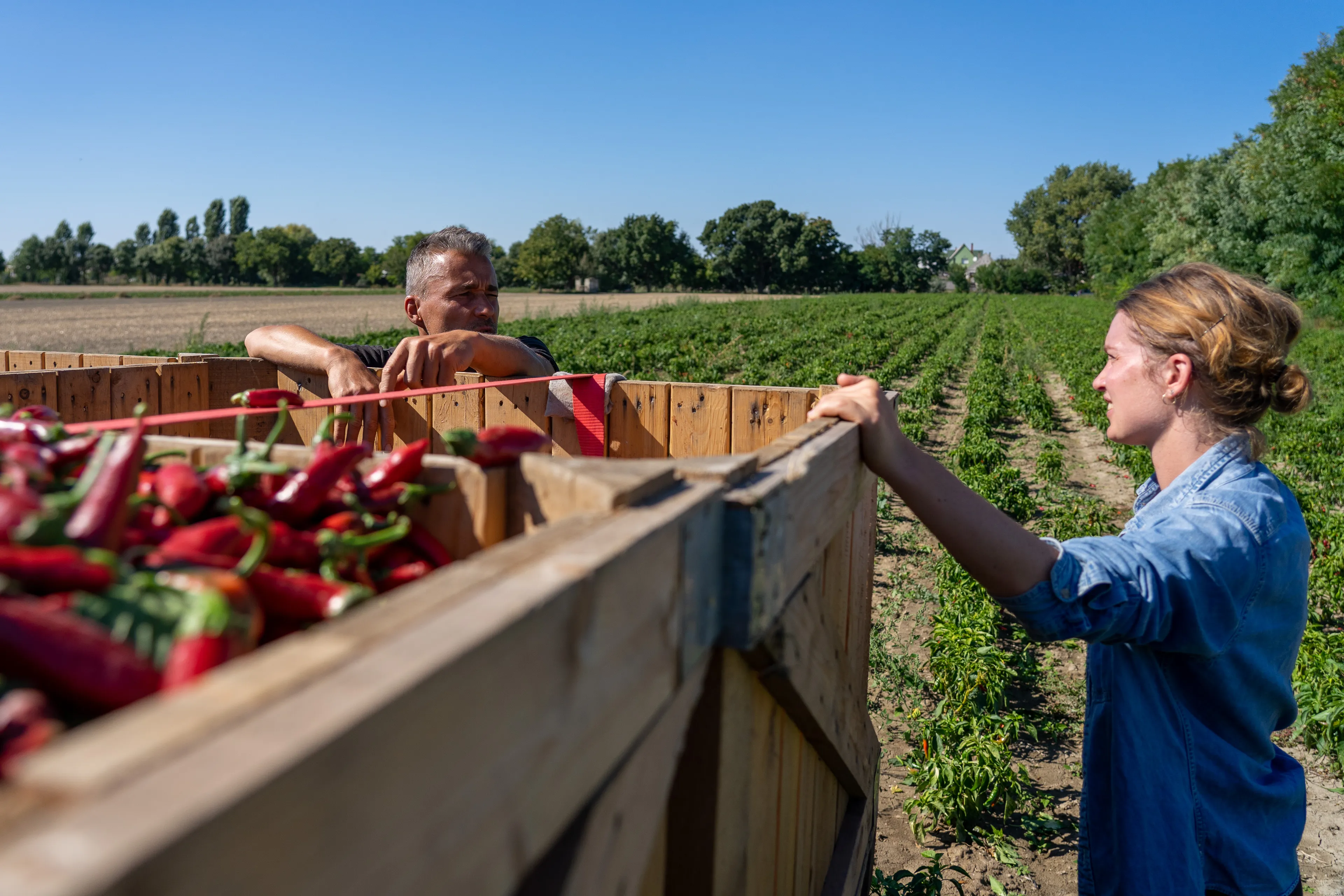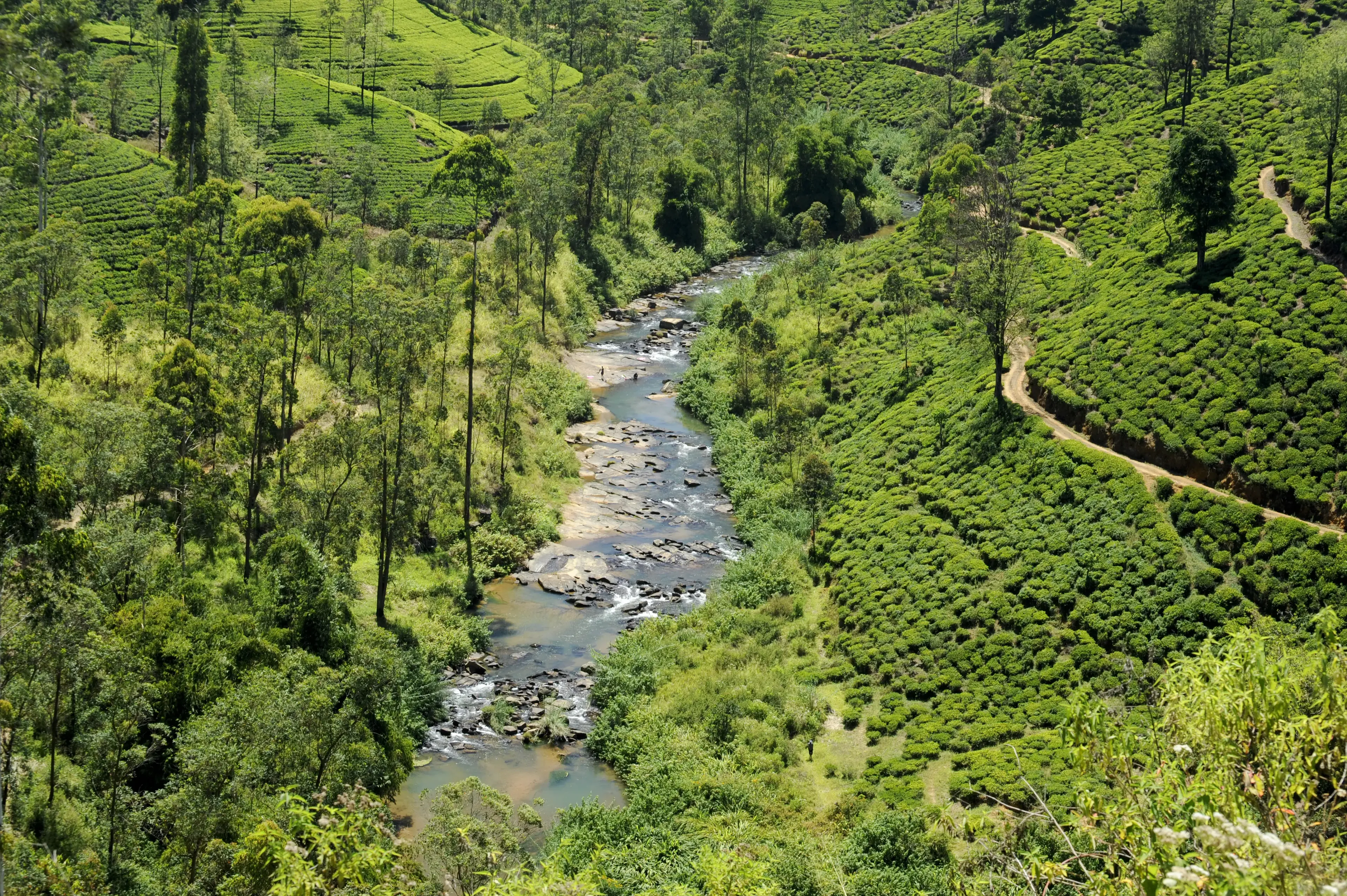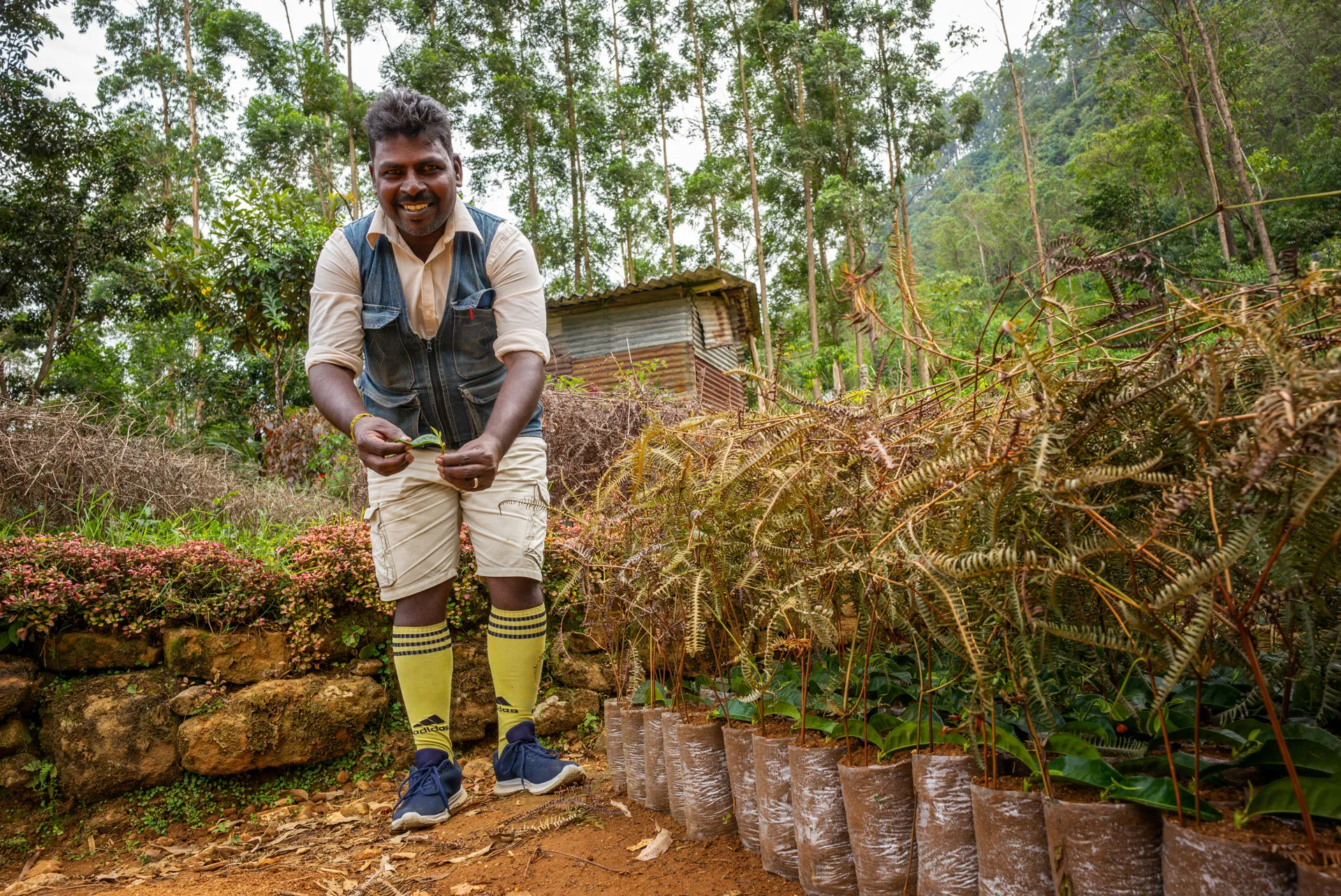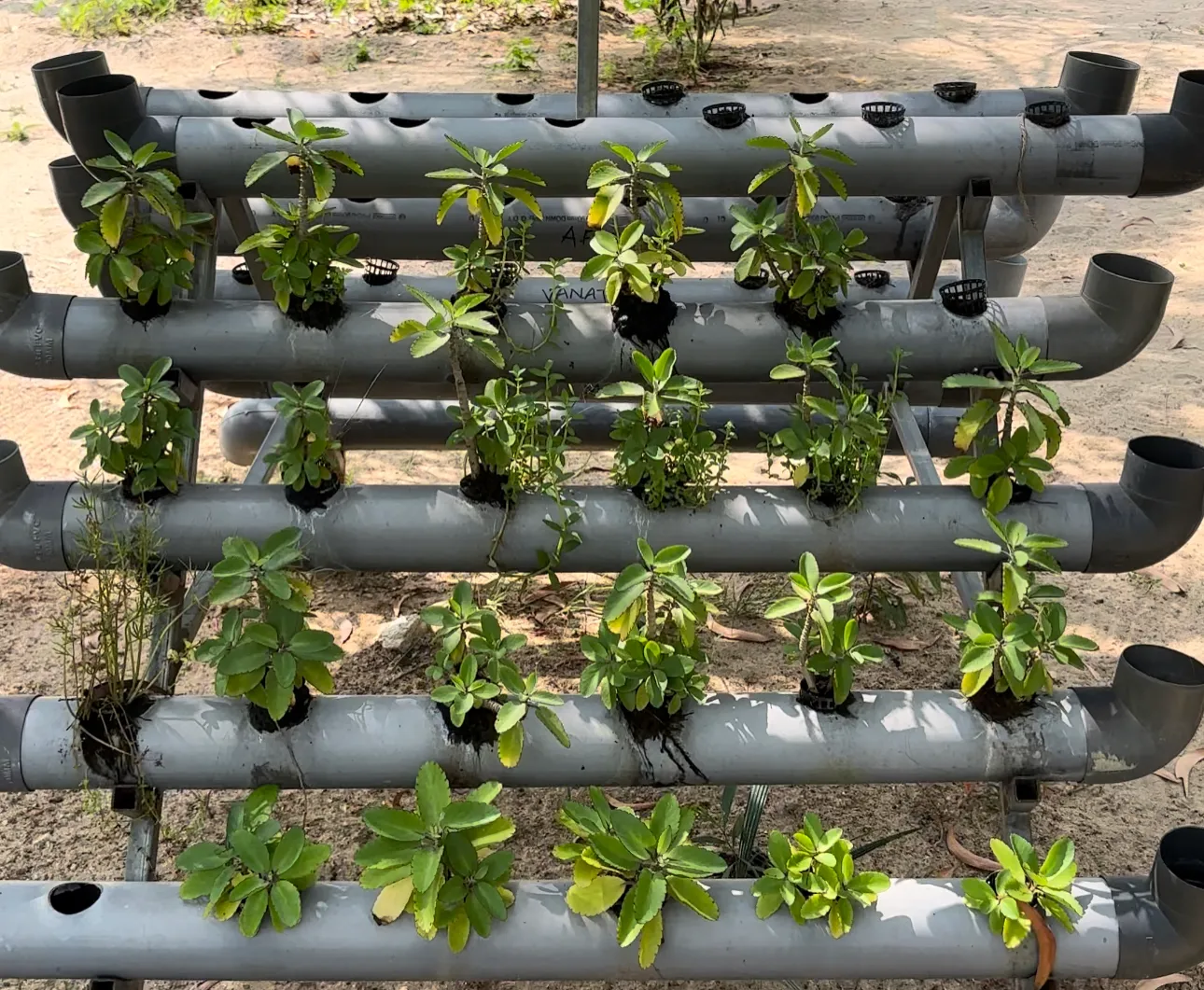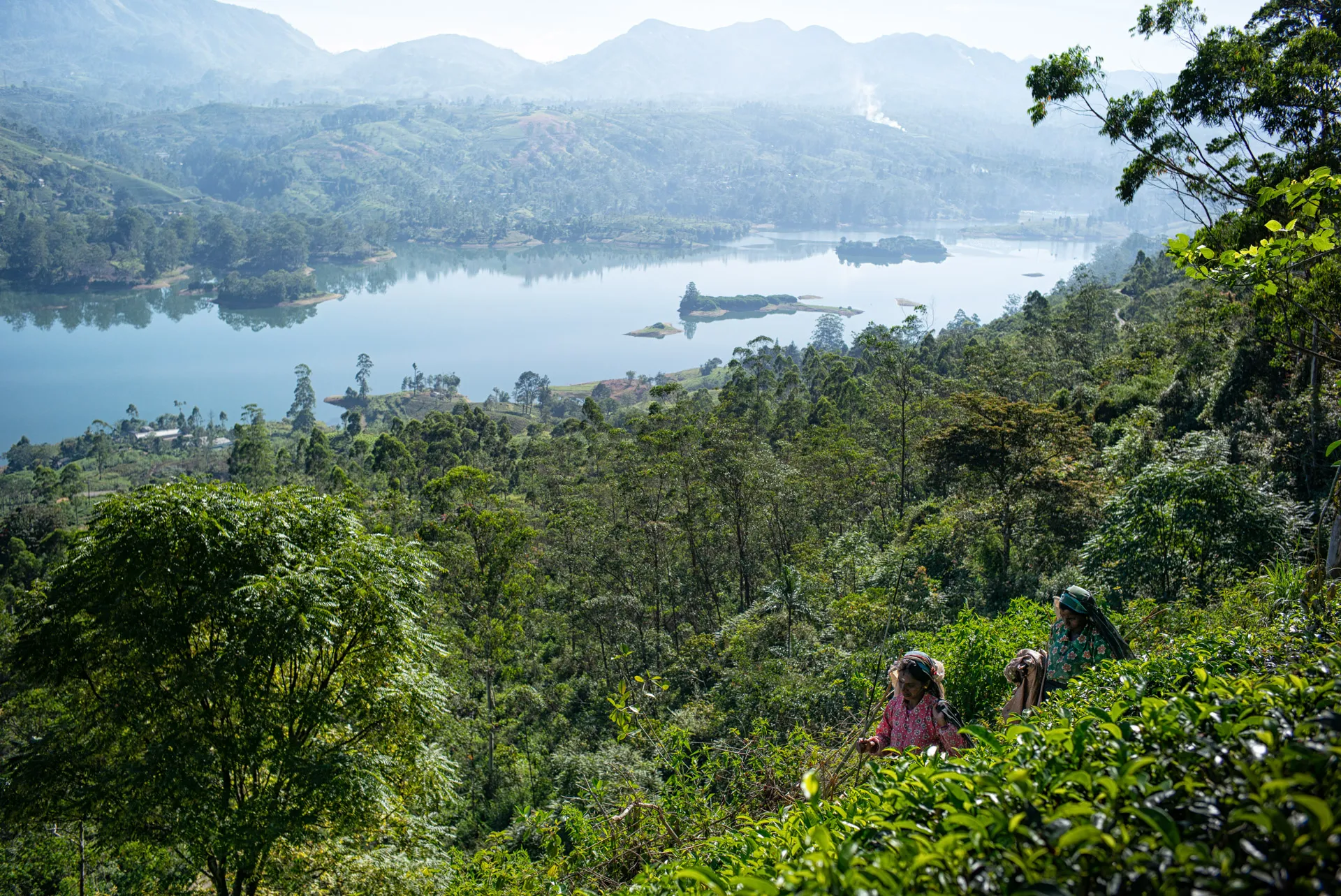Business as a Matter of Human Service
"Business as a Matter of Human Service", what does that mean? In this blog, we delve into regenerative business, demonstrating the harmony of profit with purpose, and share insights from the Regenerative Festival 2023 in Amsterdam.
Chapters
What is Regenerative Business?
Regenerative business is an approach to conducting business that goes beyond sustainability. While sustainability primarily focuses on preserving the status quo, regenerative business aims to proactively restore and renew both the societal and environmental systems it interacts with. The goal isn't merely to reduce negative effects but to have a net positive impact.
Regenerative businesses view the company as a living system within larger systems (communities, ecosystems, the global environment). Furthermore, the long-term health and vitality of all stakeholders is of utmost priority for regenerative businesses. Adaptivity and resilience are key features of regenerative businesses because they understand that our social and environmental landscapes are continuously changing. Moreover, all forms of capital are valued, not just financial capital, but also social, cultural, intellectual, and natural capital.
In line with natural systems, regenerative businesses emphasize cyclical rather than linear processes, whether that be through recycling, circular economy principles, or regenerative agriculture. Not competition, but collaboration and symbiotic relationships with other businesses are built.
Regenerative businesses embrace the continuous learning process as they always seek ways to improve, innovate, and regenerate. Examples of regenerative businesses include companies practicing regenerative agriculture, investing in community development, or building circular value chains. Overall, regenerative business represents a paradigm shift in how we think about the role of business in society.
Business as a Matter of Human Service
Our founder Merril J. Fernando had a clear mission statement for Dilmah: “Business as a Matter of Human Service”. This statement reflects in essence what regenerative business is all about. It aligns profit with purpose, recognizing that a healthy business can only thrive in a healthy community and ecosystem.
Recently I was talking with his son and our chairman, Dilhan J. Fernando, and he elaborated that this philosophy is based on the assumption that the perfect relationship in nature is the symbiotic relationship. However, he contuined, business as it was conducted from colonial times onwards was often parasitic.
In a biological context, while a symbiotic relationship benefits both parties involved, a parasitic relationship refers to one where one organism benefits at the expense of another. Dilhan explained that exploiting is easy and that the real challenge is to build a symbiotic relationship with the social and natural environment. Our philosophy stands as a testament for creating a profitable business which benefits the people and nature.
Regenerative Business in Practice
For example, Dilmah Conservation is our initiative to promote sustainable environmental and social development in Sri Lanka. Dilmah Conservation carries out various projects to protect and restore the biodiversity of Sri Lanka. This includes the establishment of biodiversity reserves and the protection of endangered species, but also recognizing the importance of cultural heritage.
Dilmah Conservation undertakes initiatives to preserve and promote Sri Lanka's rich history, traditions, and indigenous knowledge. It also promotes sustainable agricultural practices, supporting local communities in developing sustainable livelihoods.
Through various programs, Dilmah Conservation educates and raises awareness about environmental issues among communities, especially the younger generation. The organization sponsors and conducts research on various environmental and social topics to inform its projects and initiatives.
Recognizing the global threat of climate change, Dilmah Conservation has initiatives geared towards climate change mitigation and adaptation. Overall, by integrating conservation efforts with our core business practices, we seek to demonstrate that a holistic approach to business can lead to positive outcomes for both the environment and society.
Another example is our MJF Charitable Foundation aiming to create sustainable and responsible community development projects in Sri Lanka.
The MJF Charitable Foundation engages in community outreach and development initiatives, focusing on long-term engagement to uplift the lives of underprivileged individuals, and aims to enable these individuals to take control of their futures and contribute back to their own communities. Our foundation emphasizes "empowerment with dignity" using commerce as a means to address poverty, instead of making the people reliant on philanthropy.
Moreover, the MJF Charitable Foundation aligns its goals with the United Nations' Sustainable Development Goals, targeting poverty reduction, inequality alleviation, and environmental sustainability. It aims to generate holistic changes in people's lives, aligning with a global agenda to improve conditions by 2030. Over Rs. 5 billion has been spent on initiatives concerning disability, gender equality, nutrition, education, entrepreneurship development, vocational training, and environmental education.
In sum, Merrill J. Fernando envisioned these foundations as means to share business benefits with communities across Sri Lanka, making business a matter of human service.
The Regeneration Festival 2023
To connect with local regenerative businesses, me and another Dilmah colleague visited the Regeneratie Festival on the 9th of October 2023 in Tolhuistuin, Amsterdam Noord.
The festival was hosted by the Regeneratie Coöperatie, a diverse group of professionals actively working toward establishing a regenerative society. This year’s theme ‘eat or be eaten’, symbolizes the delicate balance and interdependence between humans and nature, emphasizing the idea that humans are not isolated from the environment but are an integral part of it. It urges attendees to reflect on how our actions impact the natural world and how the changing environment in turn affects our access to food and resources.
The festival hosted speakers, storytellers, and entrepreneurs who would shed light on the environmental impacts of human consumption. These discussions would delve into topics such as ecosystem degradation, loss of biodiversity, and the repercussions of these changes on human populations.
Beyond just creating awareness, the festival aimed to empower attendees with tangible tools and solutions to bring about regeneration in their daily lives. This could be in the form of sustainable agricultural practices, conservation methods, or even simple daily habits that can make a difference.
Furthermore, the festival encouraged participants to create alternative stories for the future that are rooted in sustainability and regeneration. These stories would challenge the current paradigms of colonialism and capitalism, which have often been at odds with environmental preservation.
We met and talked with many inspiring individuals and collectives. In the subsequent paragraphs we will present two of our favourite regenerative businesses present there: 7 Billion Presidents and The Good Spice.
7 Billion Presidents
Many inspiring businesses, collectives, and individuals joined the intimate festivals. People exchanged ideas, shared knowledge, and presented their projects for a feasible and sustainable future. For example, we talked with David Theuvenet, founder of 7 Billion Presidents, which is a grassroot movement aiming to redefine the economic model to benefit society at large.
The initiative started with the vision of a society where well-being is universal. Companies are encouraged to contribute 100% of their profits back to society to enhance the quality of life for all. Companies that become a part of the 7 Billion Presidents initiative pledge to contribute all of their profits back to the community.
The dispersion of these earnings is organized as follows: 79% is devoted to the procurement of lands, edifices, or ventures in renewable energy, all managed in a regenerative approach, ensuring that all of these profits are reinvested into the community. A portion of 7% is channeled towards the foundation of new regenerative enterprises, another 7% is deployed in economically disadvantaged nations to aid or foster a 7 Billion Presidents community, and the final 7% is allocated to aid indigenous communities who are responsible for safeguarding 80% of the planet's biodiversity.
However, not only companies but everybody can become a “President” by participating and taking control of the common future, thereby expanding this movement to improve life for all.
The ambitious mission of the 7 Billion Presidents is to expend a trillion euros by 2025 on constructing clean energy plants annually, presenting a grand objective to tackle and questioning the means to achieve this massive goal.
The collective aspires to build an inclusive regenerative economy by establishing and collaborating with companies where 100% of the profits are designated to stabilize the climate, restore ecosystems, and support social projects. They adopt a proactive approach by initiating the construction of this new world themselves, rather than waiting for governments or large corporations to change.
This philosophy is encapsulated in a quote they resonate with by Buckminster Fuller, stating, “the secret of change is, not to fight the existing, but to focus all of your energy on building the new”. To put it in a nutshell, 7 Billion Presidents represents a bold initiative to shift traditional economic paradigms towards a more inclusive and society-centric model, leading to sustainable and regenerative economic practices that benefit everybody.
The Good Spice
Furthermore, we met Mariska van Zelst-de Wit and Iona Mulder from The Good Spice which is a company dedicated to providing customers with the tastiest spices, sourced sustainably and traded fairly.
They emphasize the superior quality of their spices compared to average supermarket varieties, not only in terms of flavor and health benefits but also for the ethical benefits of supporting their partners.
Sustainable and fair practices are of utmost importance to their sourcing of spices, which means their spices are grown sustainably, using traditional methods that foster a centuries-old collaboration between farmers and nature. Regenerative farmers achieve this not just by extracting from the land but also by replenishing it.
Consequently, the land remains fertile, promoting vibrant soil ecosystems and contributing to biodiversity restoration. This means avoiding the use of harmful pesticides, chemicals, or fertilisers. Sustainable spices are often grown organically and cultivated through eco-friendly practices such as water and energy conservation. These approaches help reduce CO2 emissions and limit the overall environmental impact.
Furthermore, it means that the company is committed to fair trade practices, ensuring that farmers are paid a fair price for their products.
They offer an array of spices including but not limited to cinnamon, black pepper, paprika, and cardamom. Moreover, they provide a platform for their partnering farmers, many of whom are gaining access to the international market for the first time through The Good Spice.
The Good Spice stands as a counter to the traditional spice trade, which is characterized by long trade chains originating from anonymous farmers. This conventional model leads to powerful corporations dominating the market, resulting in less money for farmers, neglect of sustainability, and a dilution of taste in consumers' kitchens. The Good Spice strives to change this by revolutionizing the spice trade.
Therefore, Dilmah and The Good Spice work on a common project: decolonizing the trade of historically colonized goods. Disrupting the neo-colonial practices of tea and spice traders by actively empowering the exporting countries and producers, both Dilmah and The Good Spice work together to finally break the unfair practices which are all too common, even today.
Conclusion
The paradigm of regenerative business marks a transformative shift in the world of commerce, emphasizing the idea that businesses should not merely sustain, but actively restore and renew both societal and environmental systems.
These principles are not just lofty ideals but have been embodied by visionary leaders such as Merril J. Fernando, whose mission for Dilmah was rooted in the belief that businesses should serve humanity.
Through initiatives like the MJF Charitable Foundation, the tangible impact of such a perspective is evident, demonstrating the possibility of aligning profit with purpose.
Events like the Regeneration Festival 2023 further underline the growing movement towards recognizing the intricate bond between humans and nature, urging businesses and individuals alike to act responsibly. In a world grappling with unprecedented challenges, the ethos of regenerative business offers a beacon of hope, advocating for a more harmonious and sustainable future where businesses play a pivotal role in serving humanity and preserving the planet.
Explore the world of kindness
Have you ever wondered about the lifecycle of a tea plantation, particularly how new tea plants are cultivated and old ones are managed? I went to Dunkeld Tea Estate, where the art and science of tea begins in the nursery.
Discover how the MJF Centre for Dignified Empowerment and Sustainable Development helps Eastern Sri Lanka's recovery from natural disasters and addresses climate change through sustainable practices and community-focused initiatives.
You might have heard it already, but what is exactly World Earth Day? Let us talk you through what it stands for, what it means for us at Dilmah, and how it is not just a day but a part of our values.

